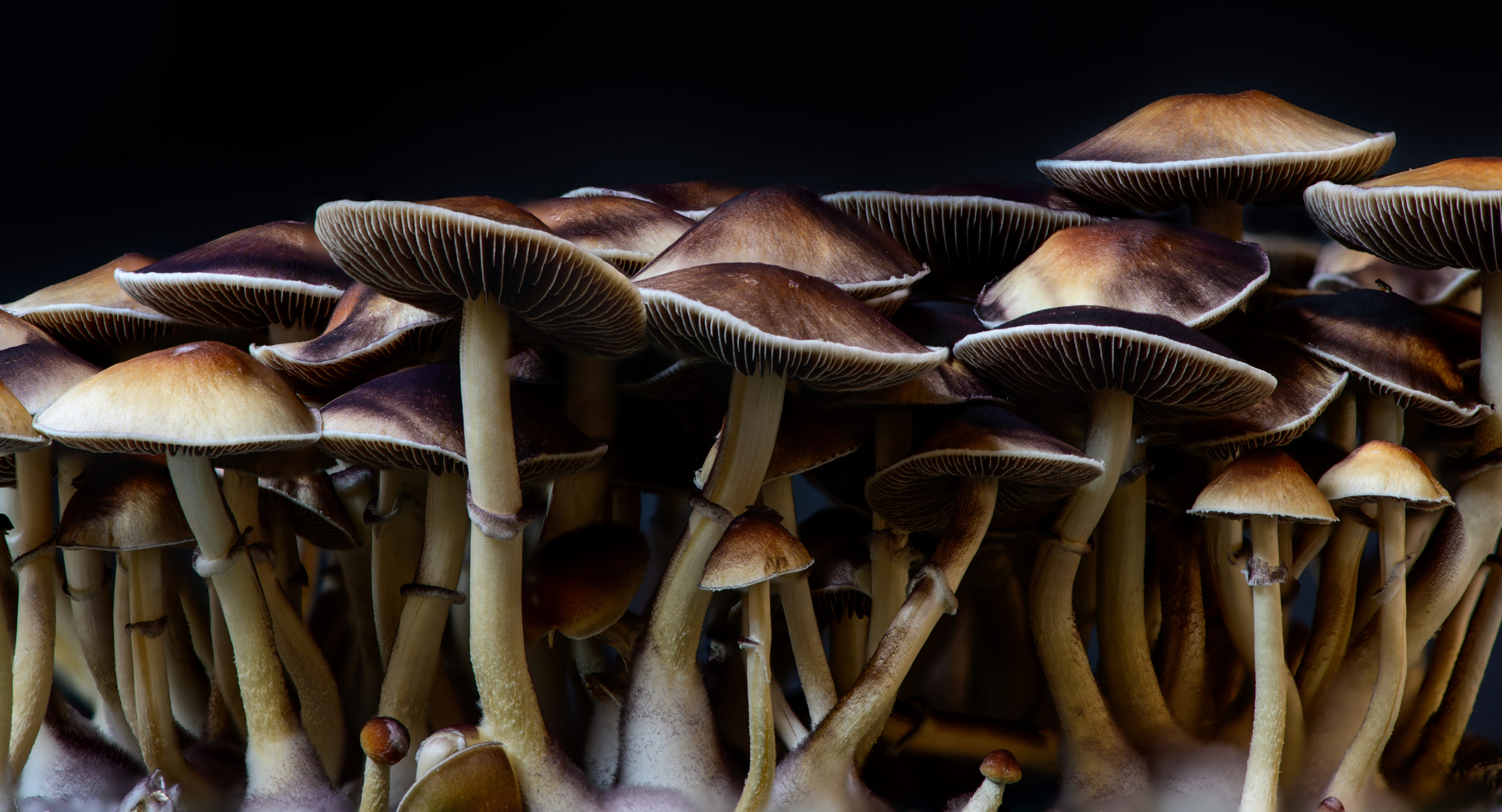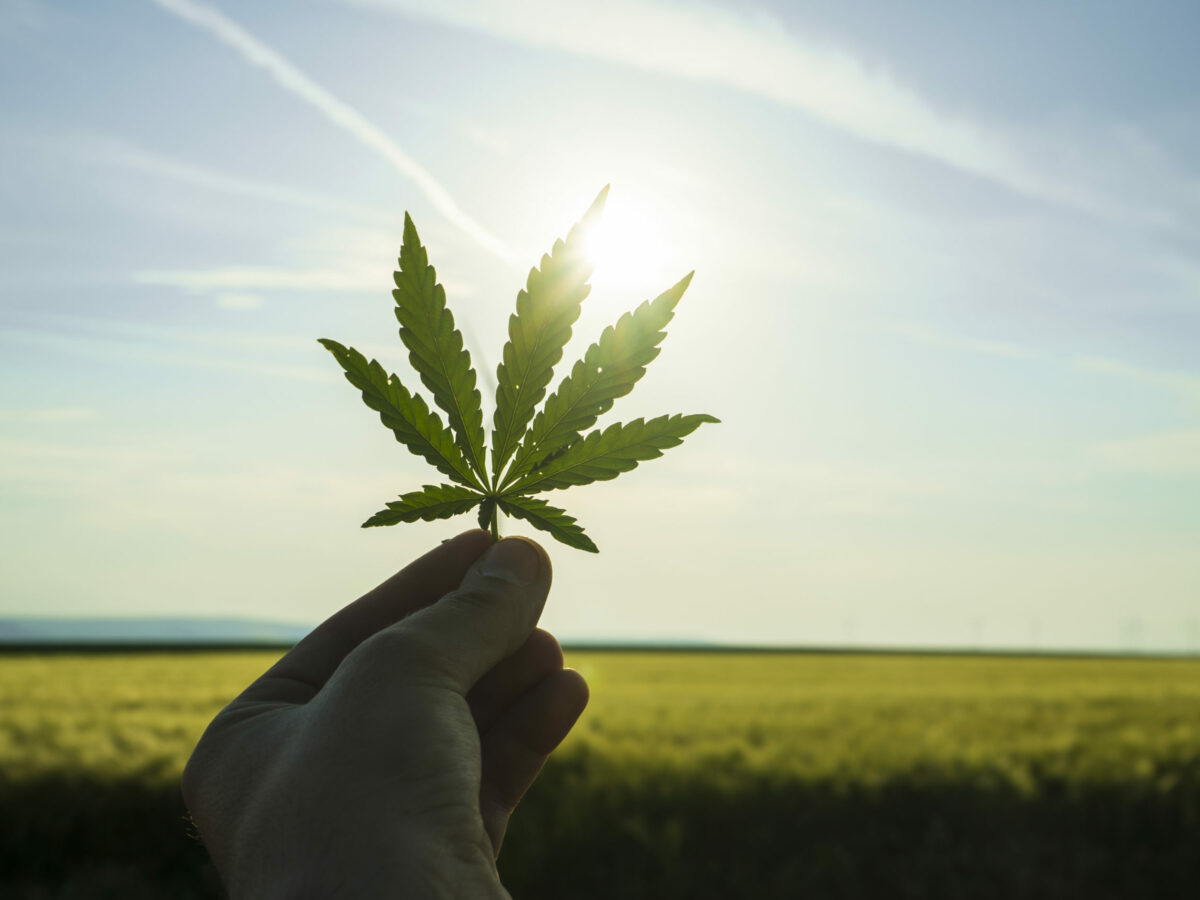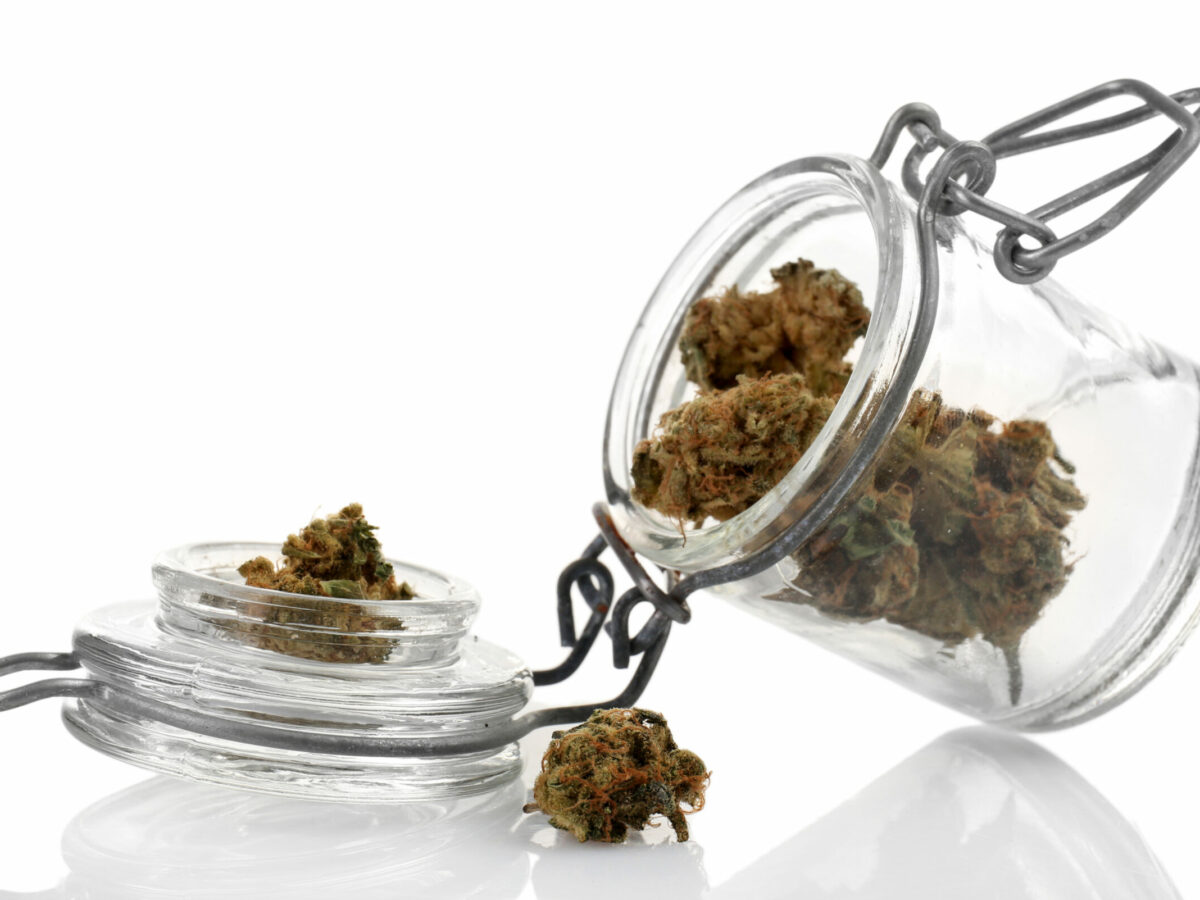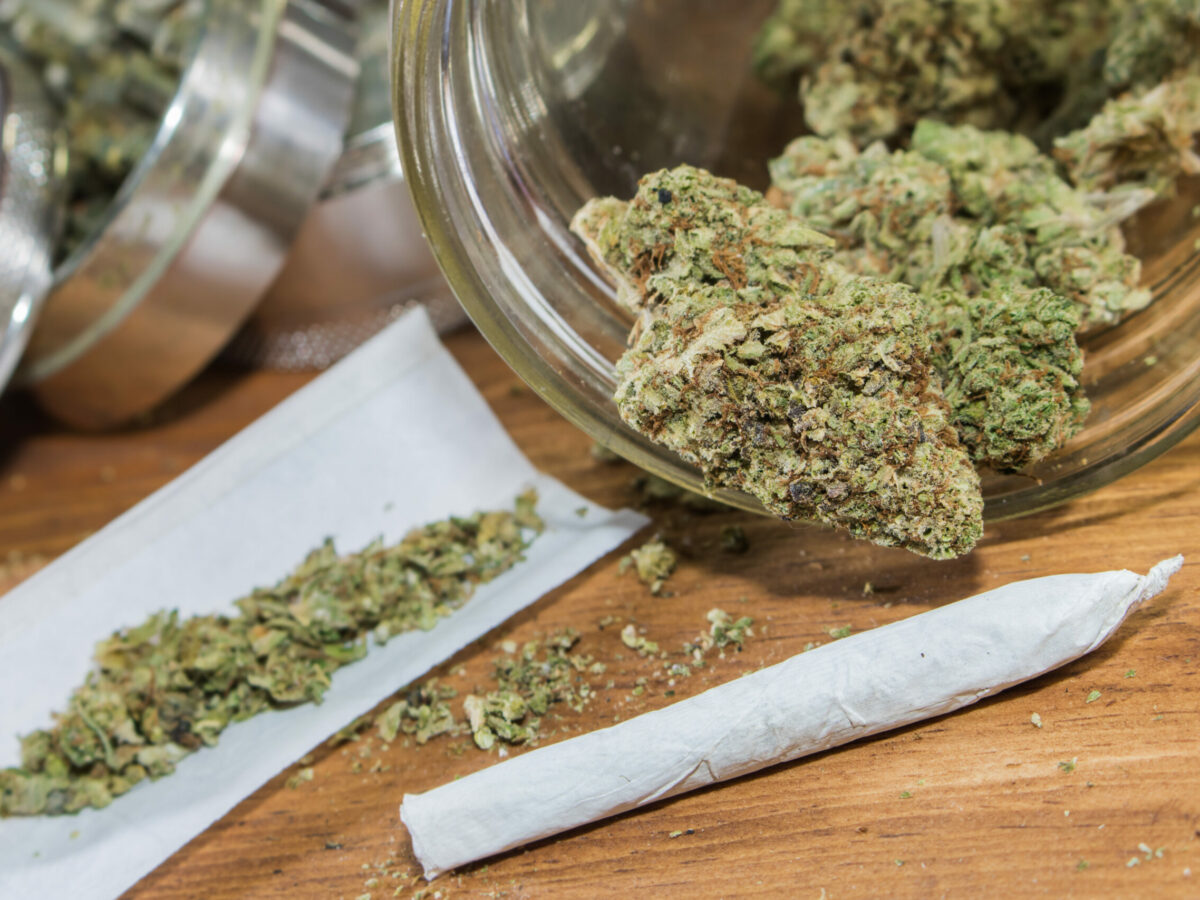A nascent effort to decriminalize psilocybin in Virginia fell short Monday after a state Senate committee voted to indefinitely table the legislation.
After two January hearings on SB 262, which would have lowered possession of psilocybin and psilocin from a felony offense to a misdemeanor punishable with a $100 civil fine, the Virginia Senate Judiciary Committee voted to “pass the bill by indefinitely.” The motion, which passed 8-6 with one abstention, effectively kills SB 262 unless the committee decides to revive it for discussion later on in the session.
A House of Delegates subcommittee last week ended any immediate future for a similar bill from Del. Dawn Adams (D-Richmond) by approving a motion to reconsider the bill next year.
First introduced before the committee on Jan. 19, SB 262 had drawn early verbal support from senators on both sides of the aisle, thanks in large part to the testimony of military veterans who shared stories of how plant-based psychedelics helped them with PTSD, depression and other mental health conditions. A researcher from Virginia Commonwealth University and medical professionals also attested to the medical potential for substances like psilocybin to treat addiction, depression and other mental health conditions. They noted decriminalization could help boost research, including observational studies.
Bill sponsor Sen. Ghazala Hashmi (D-Chesterfield) said in an interview Friday that when she first introduced SB 262 two weeks ago, “I thought it would die on the committee floor. I was happy that people were open-minded.”
The Judiciary Committee voted Jan. 19 to revisit the bill and allow Hashmi time to amend its language with additional safeguards, particularly to ensure the drugs could only be permitted for prescribed uses and with guidance from medical professionals. Hashmi amended it accordingly — a change adopted Monday would have required users to consult with a licensed physician, physician’s assistant, nurse practitioner or osteopath to ingest psilocybin or psilocin for a specific purpose. If they did so, possession would be punishable only by a $100 maximum fine.
Senators on Monday remained cautious. Sen. Creigh Deeds (D-Bath) asked multiple times if decriminalizing magic mushrooms would give someone a new defense — “well, I talked to my doctor” — if they are caught possessing them. (Legislative counsel clarified that that would not be a usable defense; Deeds later voted against tabling the bill.)
Sen. J. Chapman Petersen (D-Fairfax) expressed worries about more people driving, using firearms or operating machinery while under the influence of psychedelics, posing, “How do we protect the community if we make this legal?” The committee didn’t discuss the issue in detail, though Hashmi said abuse of psychedelics in those situations is far less common than for opioids.
The committee then swiftly took up the bill for a vote and tabled it indefinitely. Petersen was the lone abstention.
Hashmi had said she and Adams “were both expecting a great deal of difficulty with this particular legislation.”
She also noted the virtues spotlighting the issue in the legislature: “A lot of times you introduce a particular subject, you get people acclimated and then next year, people kind of know to think about it.”
Hashmi commended the advocates who convinced her and Adams to learn about plant-based psychedelic treatments and to sponsor decriminalization bills in the first place. Many of them testified at hearings this month.
“We had really powerful speakers who testified to the efficacy of this medication, and I think we really brought home that message to some of our more conservative colleagues,” Hashmi said.
Mark Miller, a licensed professional counselor and co-founder of advocacy group Decriminalize Nature VA, which helped to craft the legislation, said Monday afternoon that he’s “disappointed that this is how it came about.”
“Of course this is gonna be a setback for treatment for those individuals that are living with post-traumatic stress disorder, especially in our veterans and our first responders,” he said.
Regarding people driving under the influence of magic mushrooms, Miller said “that has not been a problem anywhere else in the country where decriminalization has already occurred. And if marijuana is not a concern, this is even less of a concern.”
The political climate for drug policy reform in Virginia has shifted back and forth in the last two years. While the state famously legalized cannabis in 2021 under a Democrat-controlled General Assembly, Republicans in November flipped the House of Delegates while also reclaiming the Governor’s Mansion with Glenn Youngkin upsetting Democratic Gov. Terry McAuliffe.
Lawmakers have more recently been reluctant to adopt other drug reforms, shutting down a bill to reduce penalties for possession of Schedule I drugs and aiming to peel back social equity provisions of the cannabis legalization law. (The General Assembly must also vote this session to re-enact the law and approve a regulatory structure for a new adult-use cannabis market.)
Asked about the overall appetite for drug reform in the legislature on Friday, Hashmi said, “I think it’s going to be a very, very cautious approach.”
The proposals to decriminalize psychedelics in Virginia were part of a building movement to eliminate or vastly reduce penalties for possessing and using plant-based entheogenic substances. Oregon voters legalized psilocybin for therapeutic uses in 2020 via referendum, making it the first state to legalize any psychedelic drugs. Denver voters decriminalized shrooms at the ballot box in 2019, and Washington D.C. voters followed suit in 2020.
As Marijuana Moment recently noted, Utah, Oklahoma, Kansas, Missouri, Michigan and a number of other states are considering legislation in 2022 to legalize possession and growing of psilocybin mushrooms, allow for more study of psychedelics or decriminalize possession.



